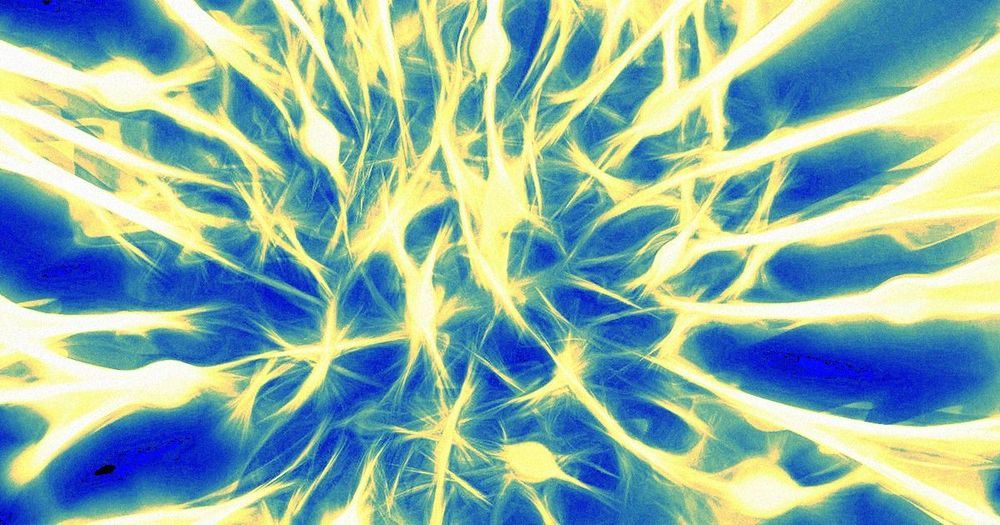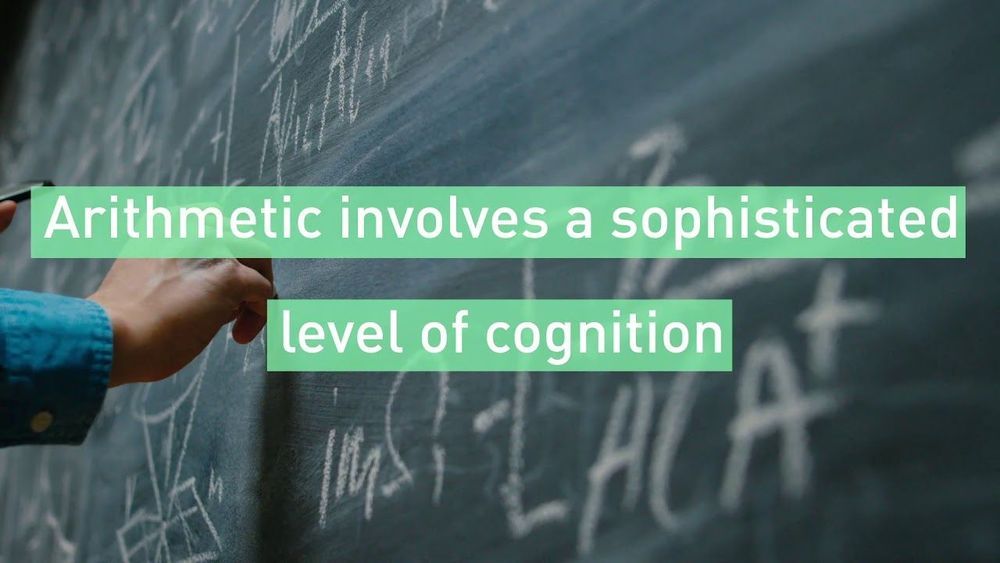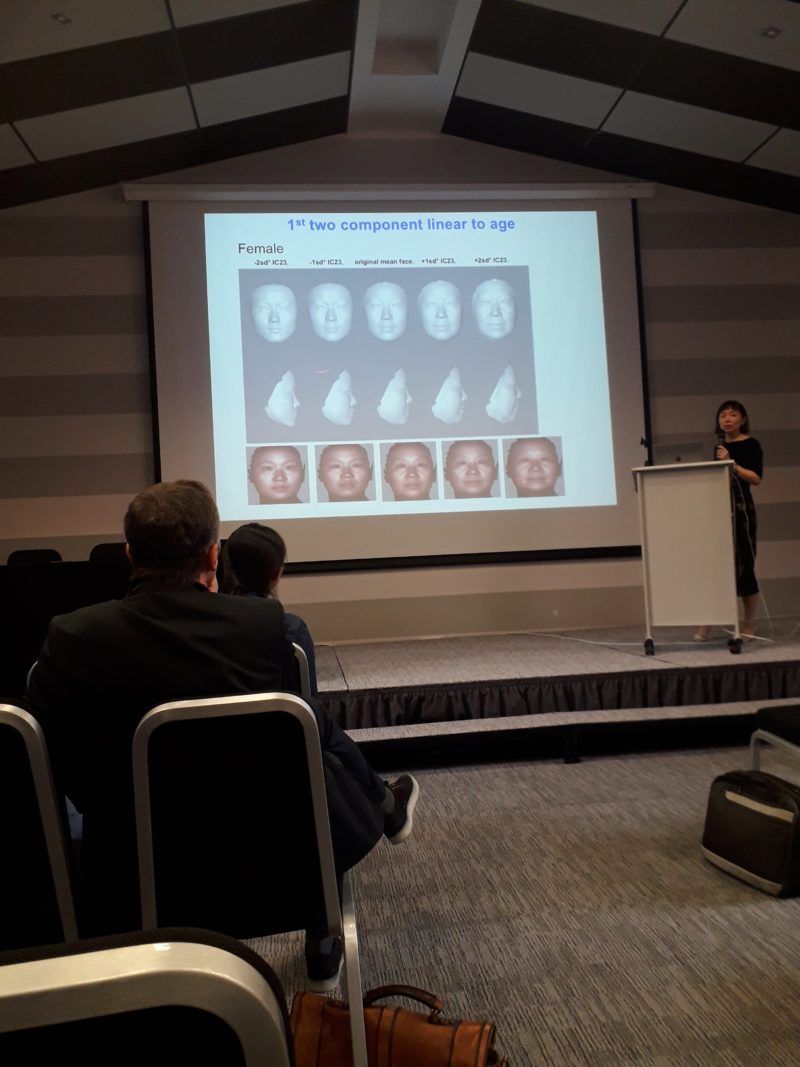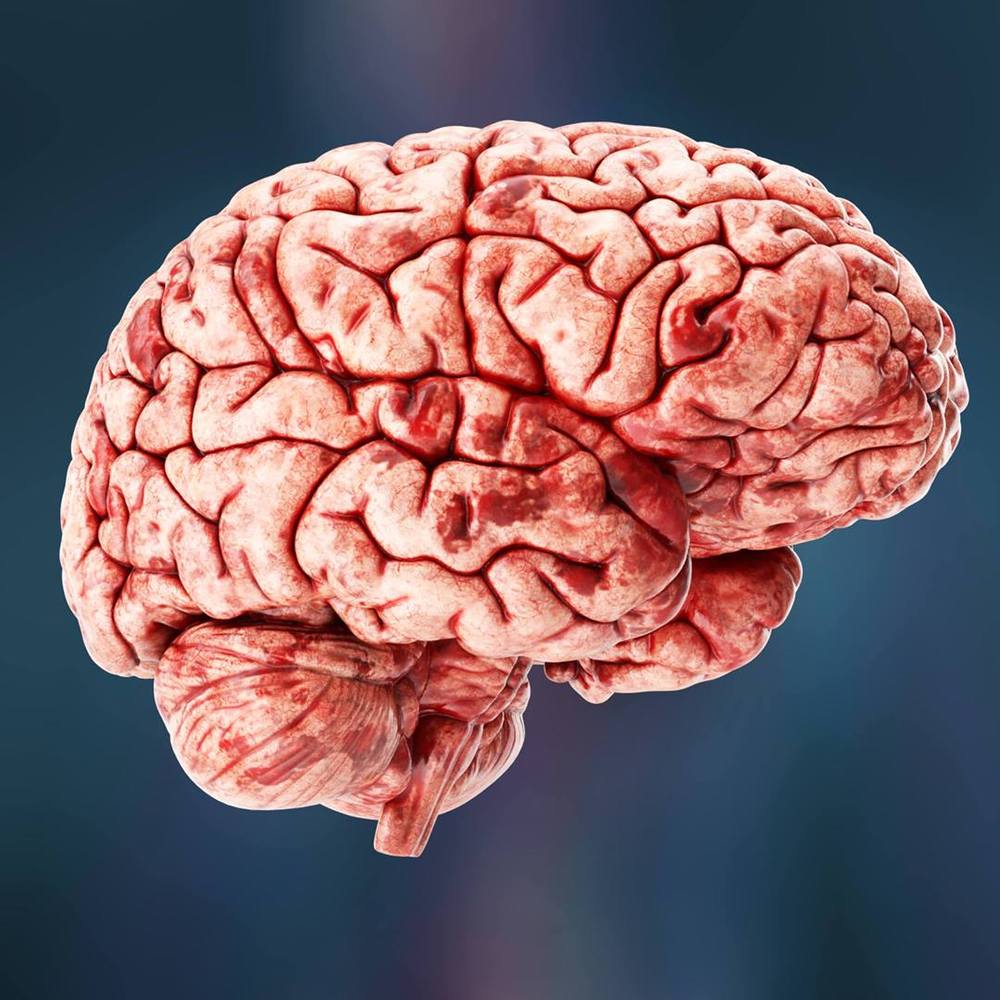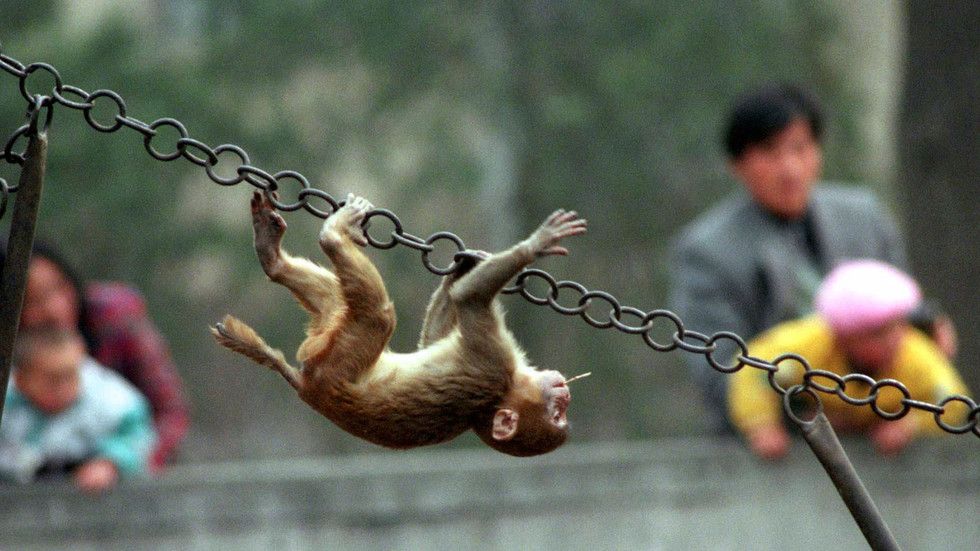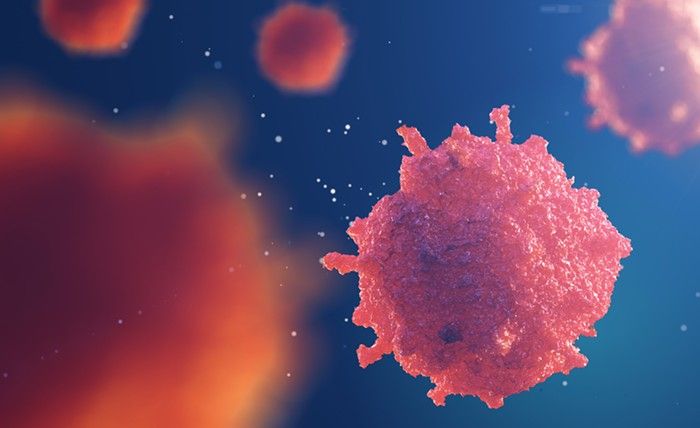Apr 7, 2019
How a blast to the kidney could end high blood pressure for good
Posted by Genevieve Klien in categories: biotech/medical, neuroscience
A revolutionary 60-minute therapy for high blood pressure could allow patients to throw their tablets away for good.
The unlikely remedy involves blasting nerves in the kidneys with sound waves to stop them sending signals to the brain that drive up blood pressure.
Continue reading “How a blast to the kidney could end high blood pressure for good” »

